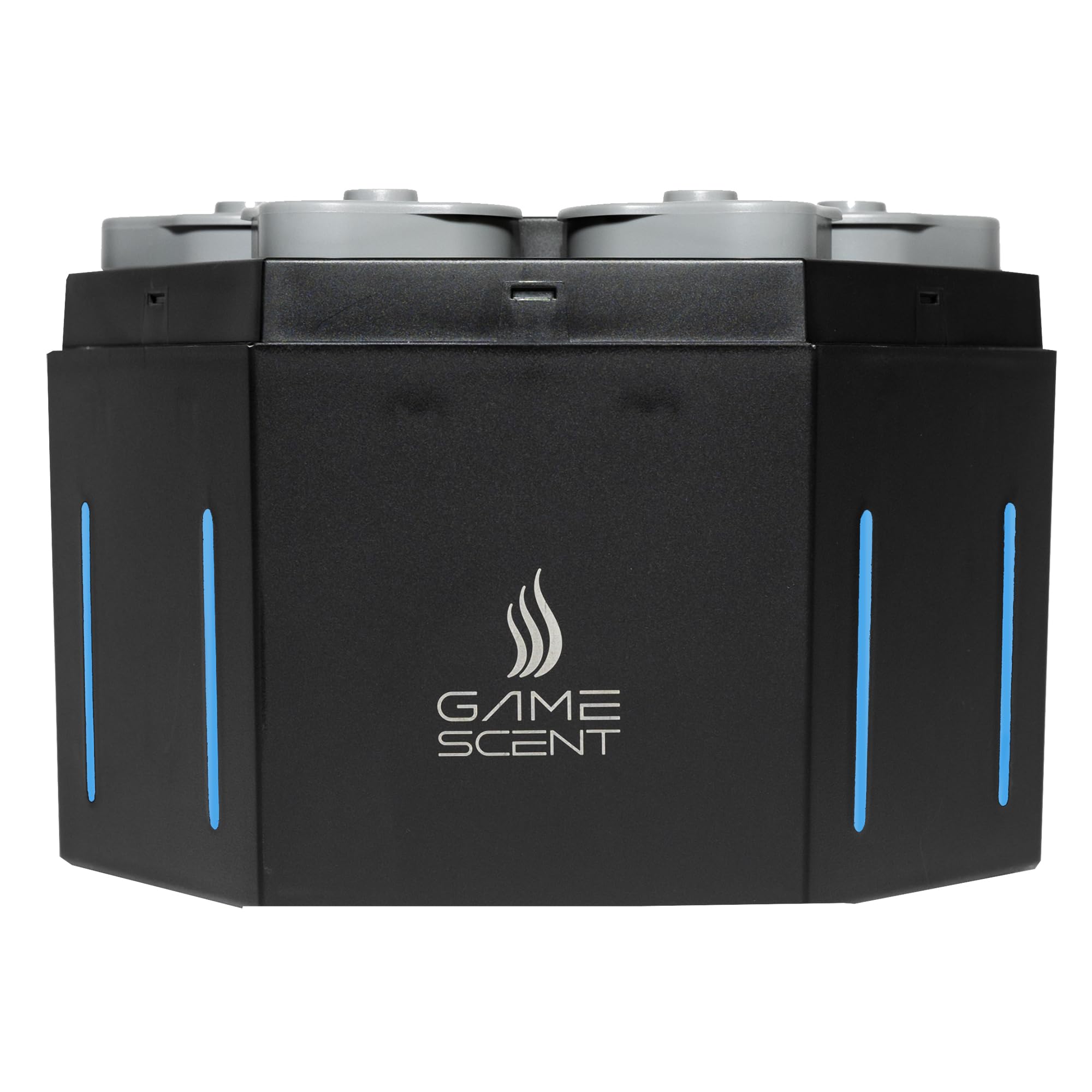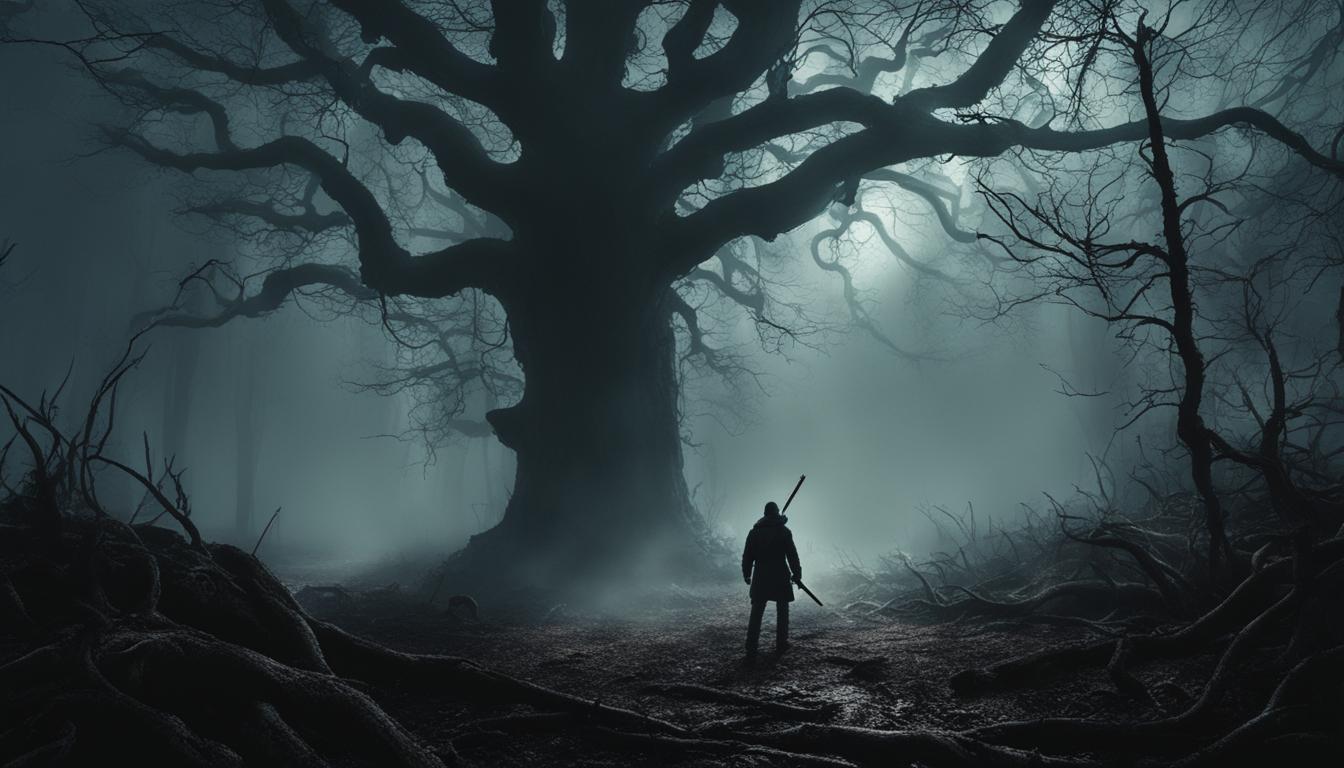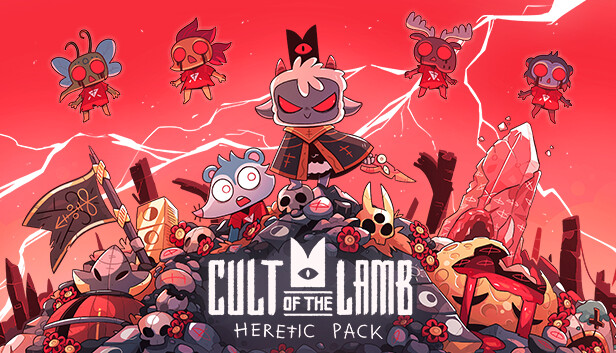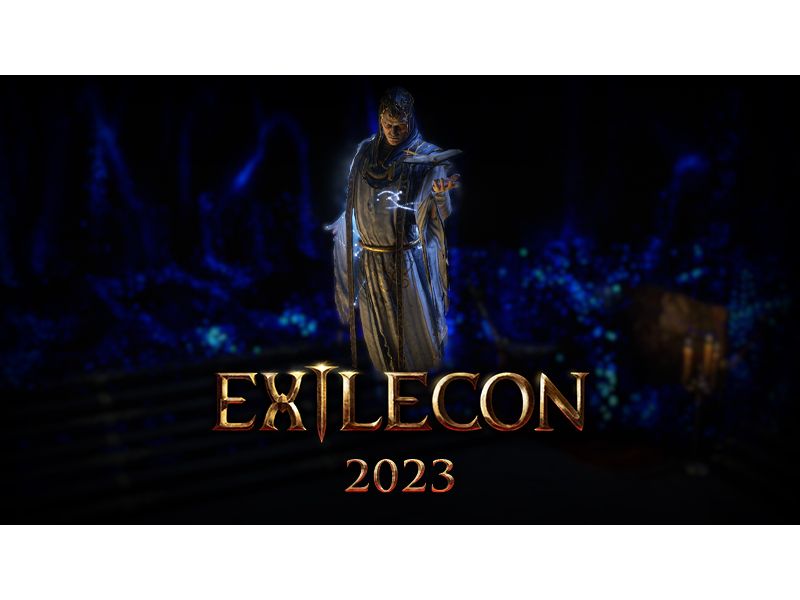Disney’s Star Wars is not in a good spot, to put it mildly. Toy sales, the indomitable juggernaut of the Star Wars brand, continue their downward spiral that began years ago. Star Wars Galaxy’s Edge continues to be virtually empty with reports of the longest line being a two hour wait for the bar. Solo: A Star Wars Story commercially flopped and Disney has already began lowering expectations for ticket sales of Episode 9 with the series going on hiatus after its release.
At this time everyone understands that the brand is in dire trouble. That it needs a revamp, better consumer relations, a better direction, an apology to the fans, and characters people want to see. Instead of delivering any of that Bob Iger in his autobiography decided to admit not only that Lucas, the proverbial high priest or even god of Star Wars, didn’t like what they had done, but they had effectively screwed him over in the process.
This news broke thanks to a Twitter user named Dataracer who sifted through the autobiography highlighting the revelations straight from Iger’s fingertips.
Bob Iger’s autobiography came out today & he says George Lucas doesn’t like Disney Star Wars.
“George Lucas didn’t like The Force Awakens & didn’t like we ignored his ideas for the Sequel Trilogy.”
Iger tries to blame George for “not appreciating our hard work” Total hit piece pic.twitter.com/hfNEKqYYJe
— Dataracer (@Dataracer117) September 23, 2019
If you can’t read what is said here is the lengthy transcription
Page 1
On George Seeing the Force Awakens for the first time:
Just prior to the global release, Kathy screened The Force Awakens for George. He didn’t hide his disappointment. “There’s nothing new,” he said. In each of the films in the original trilogy, it was important to him to present new worlds, new stories, new characters, and new technologies. In this one, he said, “there weren’t enough visual or technical leaps forward.” He wasn’t wrong, but he also wasn’t appreciating the pressure we were under to give ardent fans a film that felt quintessentially Star Wars. We’d intentionally created a world that was visually and tonally connected to the earlier films, to not stray too far from what people loved and expected, and George Was criticizing us for the very thing we were trying to do. Looking back with the perspective of several years and a few more Star Wars films, I believe J.J. achieved the near-impossible, creating a perfect bridge between what had been and what was to come.
Page 2-3
On George sending his outlines for the Sequel Trilogy:
At some point in the process, George told me that he had complete outlines for three new movies. He agreed to send us three copies of the outlines: one for me; one for Alan Braverman; and one for Alan Horn, who’d just been hired to run our studio. Alan Horn and I read George’s outlines and decided we needed to buy them, though we made clear in the purchase agreement that we would not be contractually obligated to adhere to the plot lines he’d laid out.
On George’s new role of creative authority:
He knew that I was going to stand firm on the question of creative control, but it wasn’t an easy thing for him to accept. And so he reluctantly agreed to be available to consult with us at our request. I promised that we would be open to his ideas (this was not a hard promise to make; of course we would be open to George Lucas’s ideas), but like the outlines, we would be under no obligation.
On revealing to George they weren’t following his plot outlines:
Early on, Kathy brought J.J. and Michael Arndt up to Northern California to meet with George at his ranch and talk about their ideas for the film. George immediately got upset as they began to describe the plot and it dawned on him that we weren’t using one of the stories he submitted during the negotiations
The Truth was, Kathy, J.J., Alan, and I had discussed the direction in which the saga should go, and we all agreed that it wasn’t what George had outlined. George knew we weren’t contractually bound to anything, but he thought that our buying the story treatments was a tacit promise that we’d follow them, and he was disappointed that his story was being discarded. I’d been so careful since our first conversation not to mislead him in any way, and I didn’t think I had now, but I could have handle it better. I should have prepared him for the meeting, with J.J. and Michael and told him about our conversations, that we felt it was better to go in another direction. I could have talked though this with him and possibly avoided angering him by not surprising him. Now, in the first meeting with him about the future of Star Wars, George felt betrayed, and while this whole process would never have been easy on him, we’d gotten off to an unnecessarily rocky start.
What becomes obvious reading through those paragraphs is how out of touch with not only the business medium in which he operates in, but also the general consumer and fandom at large. In a move that could only be considered sheer stupidity, Iger admitted that the man diehard fans consider the de-facto deciding voice on all things Star Wars does not like the direction they took the series in. Not just disliked, but also penned three great sagas for Disney to implement only for Iger to discard them.
Iger goes on to dodge responsibility for his actions by complaining that the effort they invested wasn’t being appreciated. Not understanding when a contractor builds a death trap their effort is not appreciated, because they did it horrifically wrong. Instead of producing modified versions of his outlines, he opted to throw them out entirely for their social justice-focused new direction. A direction he and Jar Jar had vastly more involvement in than previously believed when everyone was hoisting the responsibility purely on the shoulders of Kennedy. Make no mistake this doesn’t exonerate anyone. As the inquisitorial investors look for blame, no longer will Iger who escaped the first hunts be shielded by anonymity of his involvement.
In-between the lines we can see Iger attempting to brush off the decision being made weeks, if not months before being revealed to Lucas. By Iger’s own admission during this time, he and Lucas were in regular communication with each other. At no point during this period of time while the new plot was being shaped and planned did he opt to tell Lucas before being presented to him at his home.
Call this purely speculative, but it is incredibly difficult to believe during this period of time Iger and Lucas never once discussed the future of Star Wars. Discussions that would be tantamount to leading Lucas on under the impression that they were going along with his ideas or that they were at least in part being considered. We cannot say what was said between the two during this period, but Iger himself admits he didn’t tell Lucas what was going on.
That Iger would admit all of this leading up to the highly contested month Star Wars: The Rise of Skywalker is releasing in is a move that baffles the mind. It only took less than a day for people to discover in his autobiography these passages. As quick as it was found it spread through the entire Star Wars community, numerous outlets, and YouTube. What hype can they hope to muster when everyone now views Disney as Darth Mouse, the destroyer of franchises, and for a new entry everyone knows the creator of the series hates?









